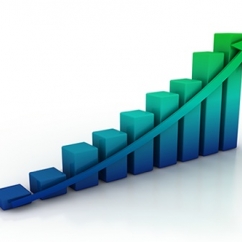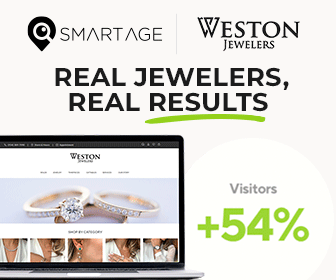Articles and News
Leading Economic Index Higher in July; Small Business And Consumer Confidence Also Improving August 28, 2013 (0 comments)

Charlotte, NC—The Leading Economic Index grew 0.6% in July, with broad-based contributions from its underlying components suggesting sustained growth for the economy.
According to this report from the Wells Fargo Economics Group, stock prices helped buoy the LEI in July as the third-largest contributor, after having been a drag on it in June. Jobless claims fell, nonfarm employment grew, and consumer confidence rose with both the job news and the stock market.
The only two indicators were negative: the average workweek for production workers, and core capital goods orders. Wells Fargo’s economists expect both of those to improve.
Also in July, new home sales dropped significantly (13.4%) but existing home sales came in better than expected. Wells Fargo economists don’t believe the drop in new home sales is a harbinger of a falling real estate market or a sign that mortgage rates will strangle the housing recovery. While higher mortgage rates may deter some buyers, especially first-timers, overall they’re still at a generational low. Instead, says the bank, exceedingly tight inventories of new homes—and sustained rainy weather in the South, where more than half the nation’s new homes are sold—are more likely to blame for the drop.
Separately, Wells Fargo’s Small Business Confidence Index rose nine points in the third quarter, to its highest level in five years. Both the present situation and future expectations components of the index rose, but the bulk of the increase—seven of the nine points—came from the future expectations segment, while the “present situation” index rose only two points from the second quarter.
Continued pressure on margins, combined with only slight revenue growth, are constraining small businesses’ perceptions of their current situation; however, attitudes about both hiring and investment are improving. Capital spending is inching upward, says the report, and 18% of firms are expecting to increase employment in the next 12 months, compared to 12% expecting to decrease it. This is the third straight quarter that the number of firms planning to add staff is higher than the number planning to cut it.
While the signs are encouraging and the numbers moving in the right direction, Wells Fargo’s report emphasizes that confidence is “clawing its way back” after an incredibly challenging five years for small businesses. Most still remain cautious, waiting for more certainty about sales growth and the business environment before seeking additional credit.
Finally, the Conference Board reported Tuesday that its Consumer Confidence Index, which had dipped slightly in July, increased in August. The Index now stands at 81.5 (1985=100). Like small business owners, consumers are more upbeat about the future than the present: the Present Situation Index decreased to 70.7 from 73.6 but the Expectations Index increased to 88.7 from 86.0 last month.
Says Lynn Franco, the Conference Board’s director of economic indicators, “Consumer Confidence increased slightly in August, a result of improving short-term expectations. Consumers were moderately more upbeat about business, job and earning prospects. In fact, income expectations, which had declined sharply earlier this year with the payroll tax hike, have rebounded to their highest level in two and a half years. Consumers’ assessment of current business and labor market conditions, on the other hand, was somewhat less favorable than last month.”
Top image: contenticom.nl







